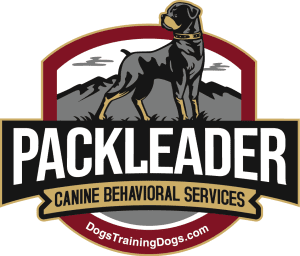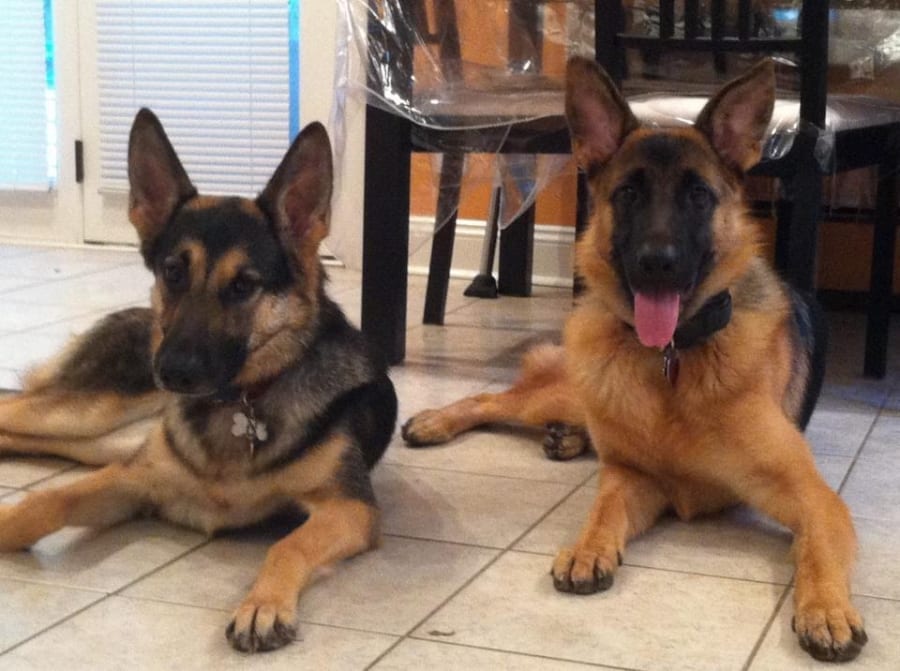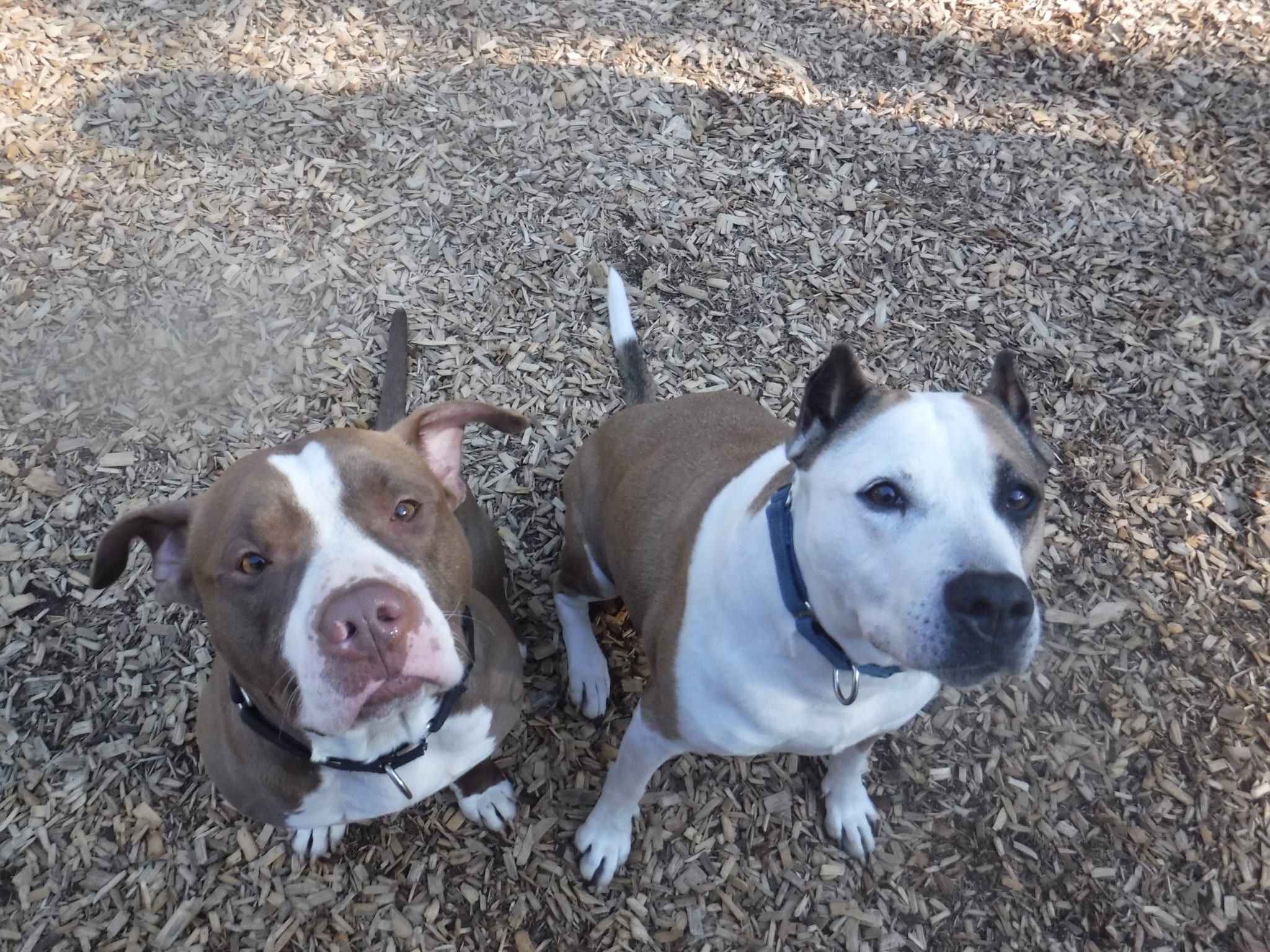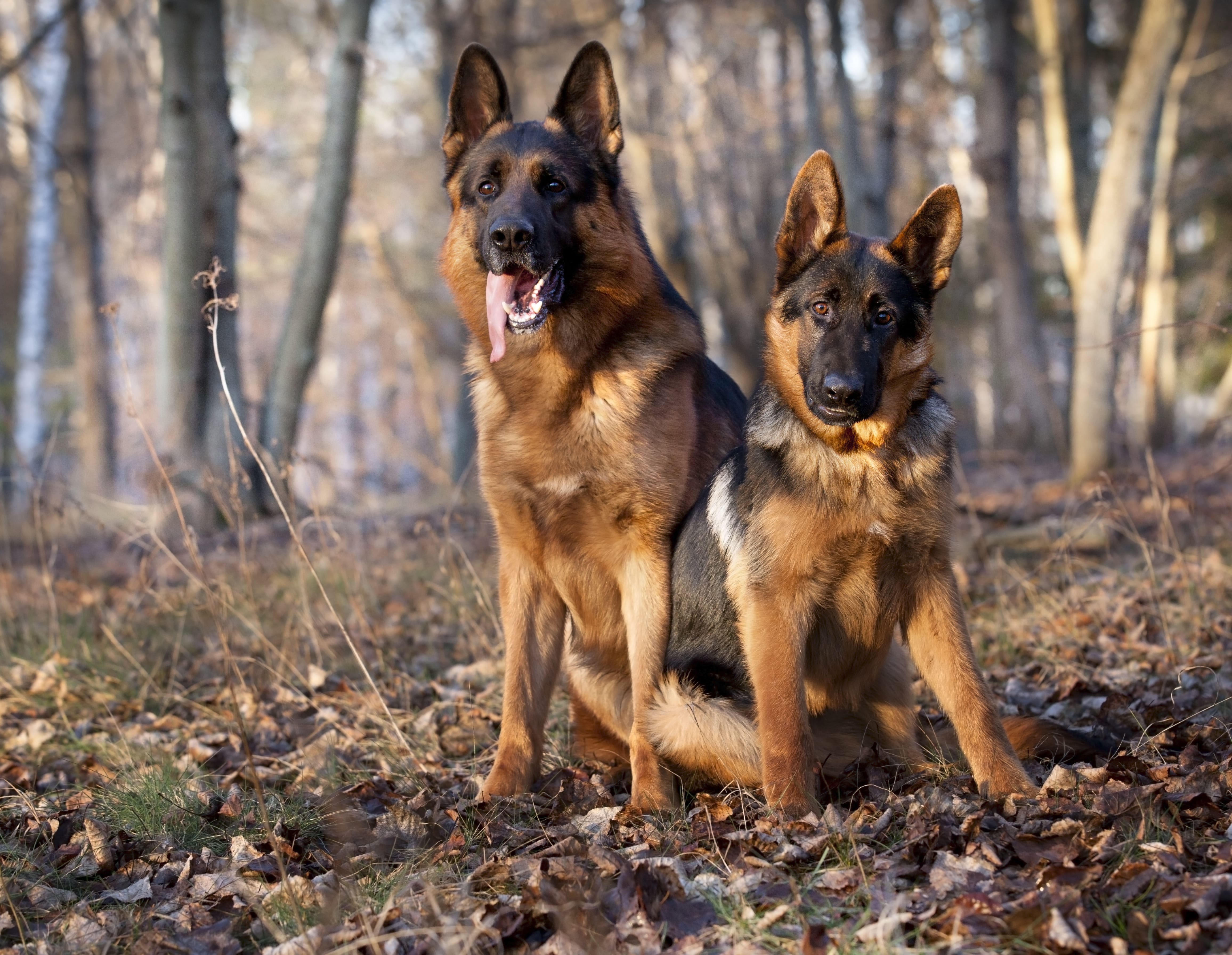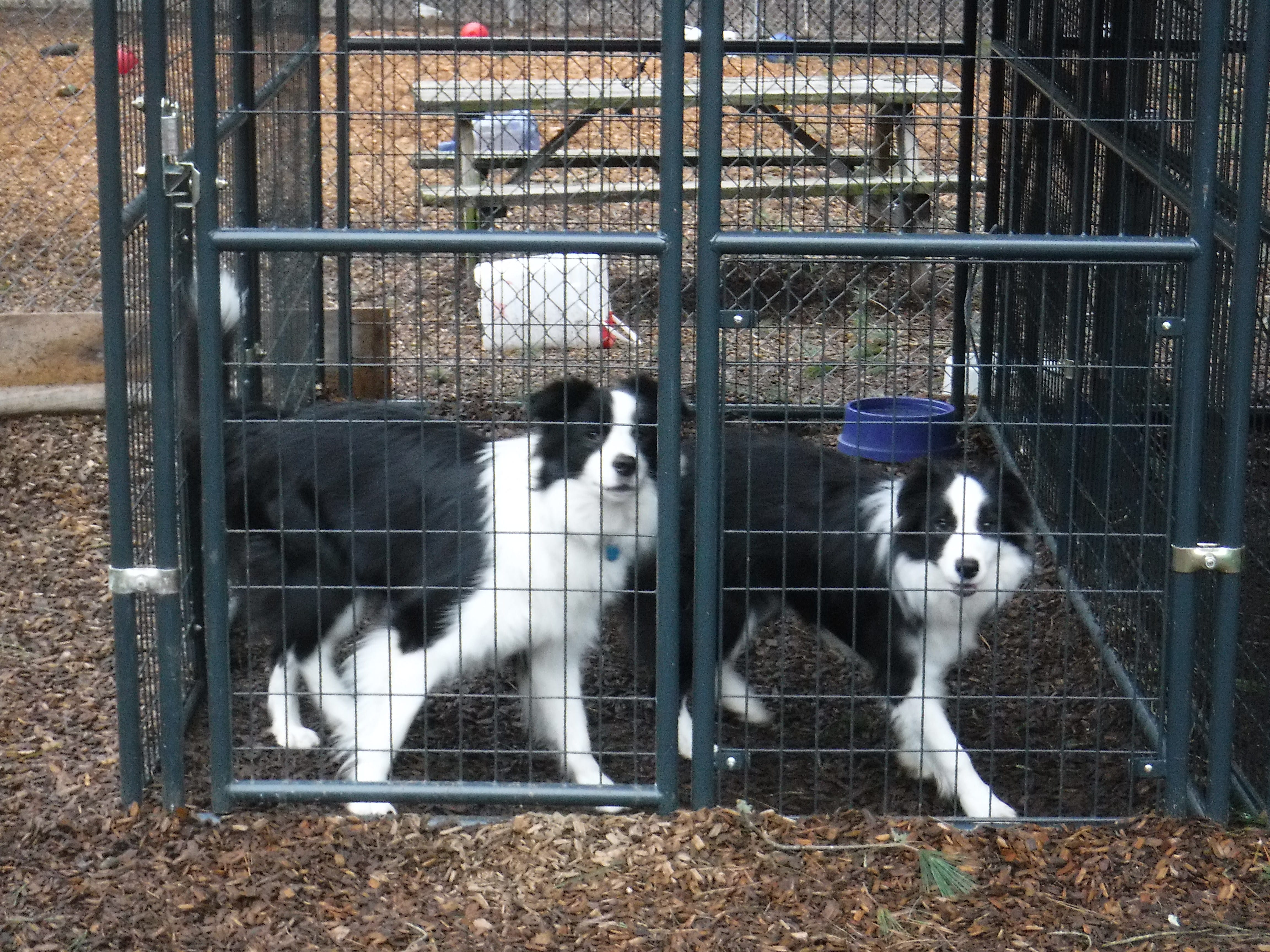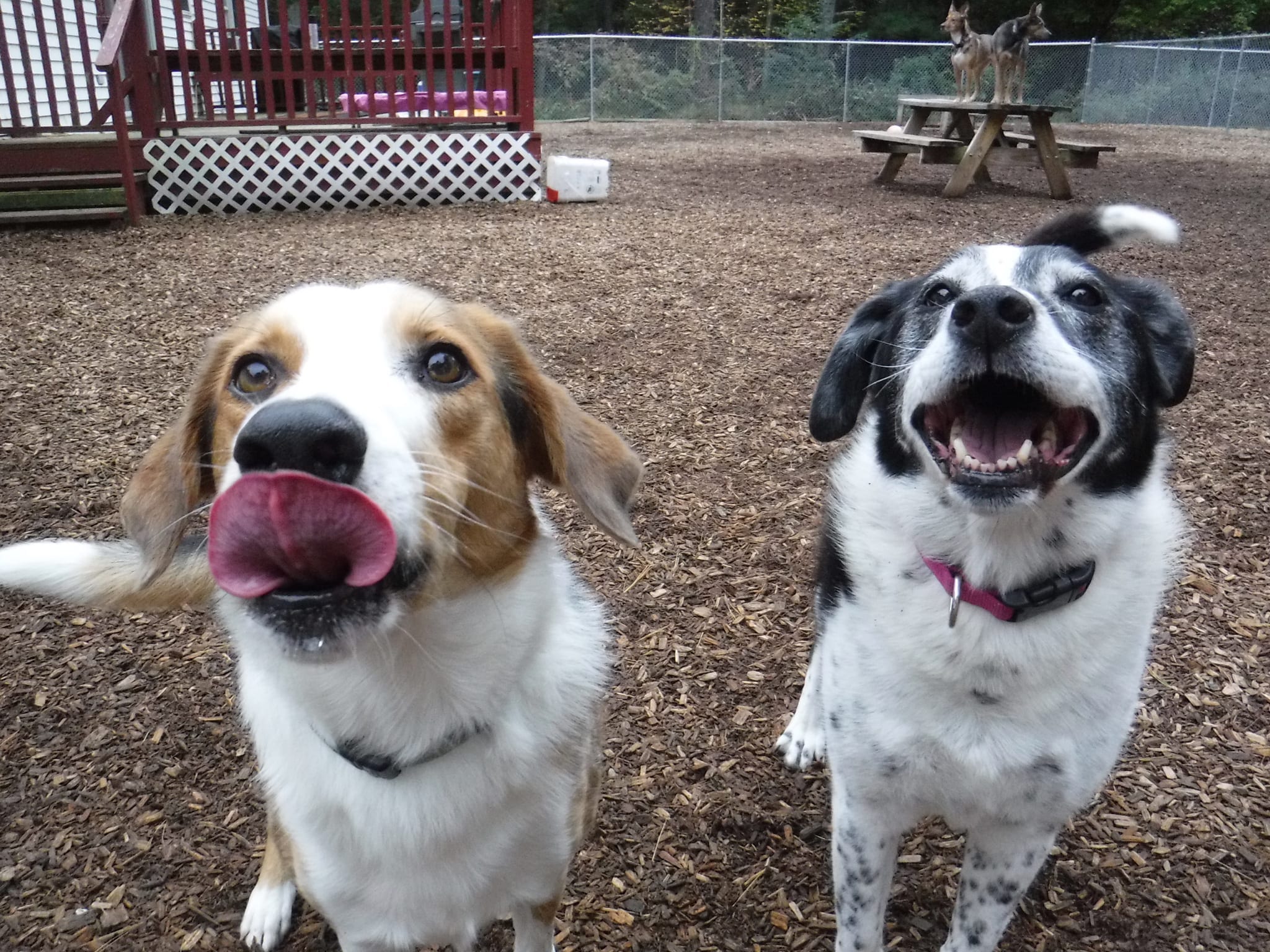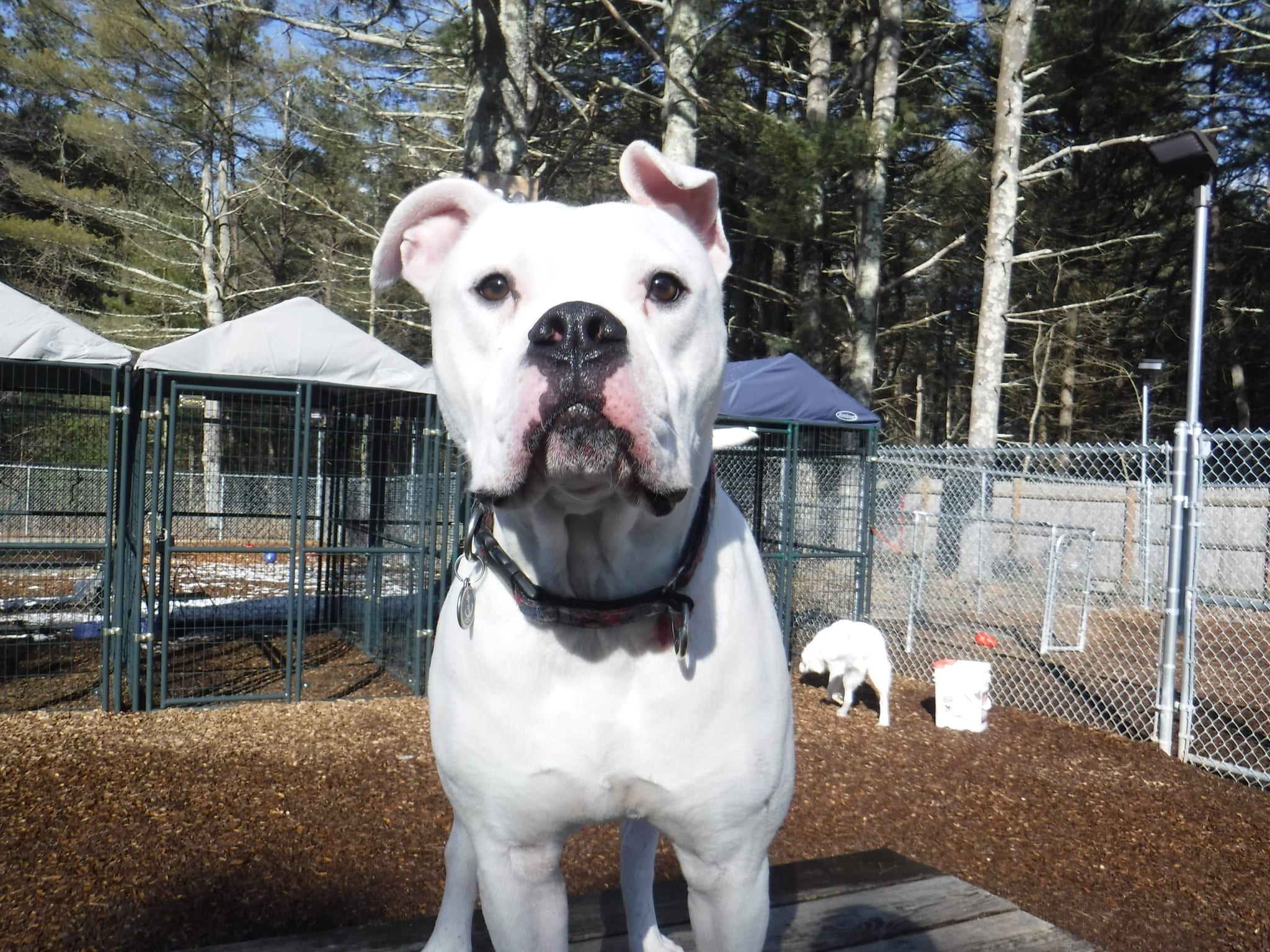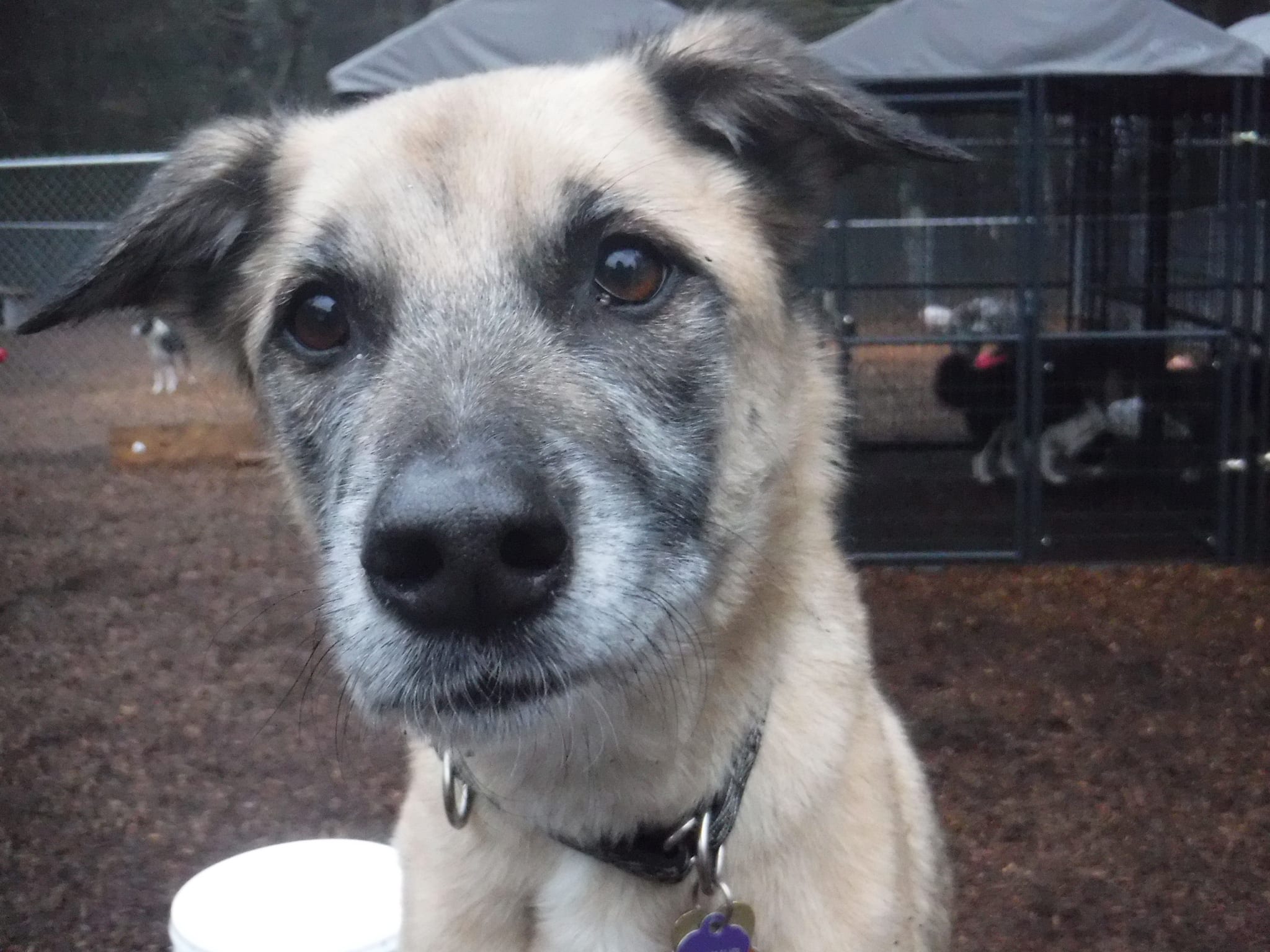How Our Pack Dynamic Training Method Builds a Peaceful Pack
This specialized program is designed specifically for households with multiple dogs.
Our greatest strength lies in building strong, safe, and lasting relationships between dogs.
You won't find another Program like this ANYWHERE !!
Our Pack Cohesion Therapy Program is specifically designed for multi-dog households experiencing behavioral issues, reactivity, or aggression between two or more dogs. These situations often involve conflict, competition, or co-escalation, which can disrupt the stability of the home.
We offer two program levels, depending on the severity of the behavior, to provide the right solution for your situation.
With years of hands-on experience in canine social behavior and our proprietary Pack Dynamic Training Method, we help rebuild relationships between dogs. Our structured, behavior-focused approach has succeeded in cases where standard training programs have not.
This program is our core area of expertise. Helping dogs live safely and peacefully together is what we do best.
The Pack Cohesion Therapy Program typically includes enrolling one or both dogs in our In-Patient Behavioral Rehabilitation and Training Program. During their stay, dogs receive:
Individualized behavioral therapy
Structured socialization with compatible dogs
Immersive training using the Pack Dynamic Method
The goal is to transform the relationship between the dogs into a cooperative, stable partnership. Whether the issue is fighting between dogs at home or co-aggression toward people or other dogs, this program helps correct the underlying behavioral patterns.
We work to establish a mutually beneficial and stable bond between your dogs. You will regain peace in your home, and your dogs will develop clearer communication, respect, and improved behavior.
This is a program with a proven track record of restoring calm, structure, and harmony in multi-dog households where others have struggled to make progress.
